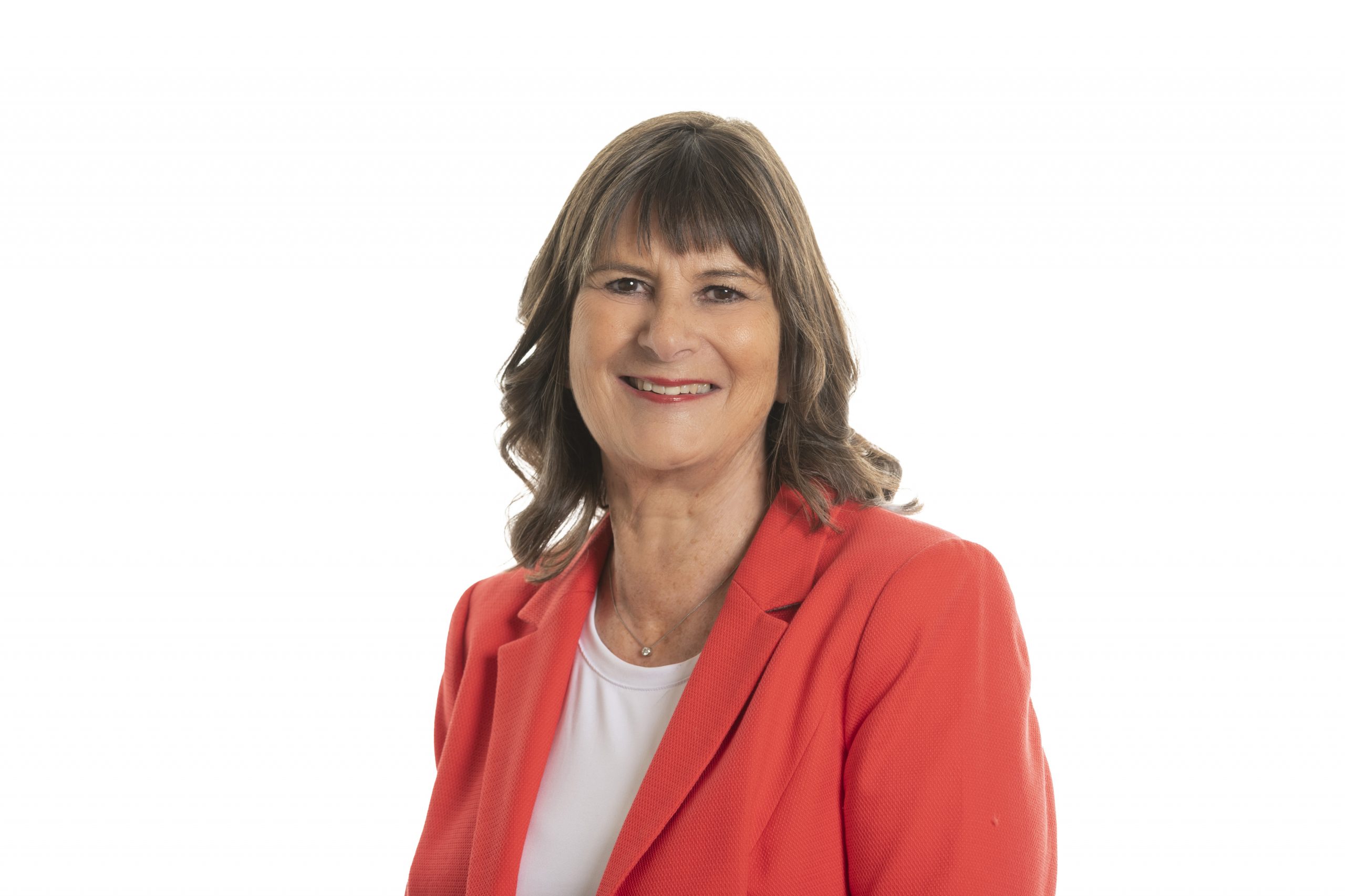
As someone who works exclusively with the 50+ generation, I often hear personal accounts of people feeling undervalued at work due to their age. I started my business to champion the value of older individuals. The pandemic revealed this generation is more than capable, as people came out of retirement to support the NHS and other professions overwhelmed during the crisis. With lifespans now far increased, many people want to work for longer and experience new career challenges at this stage. However, when people don’t feel valued in the workplace they are less likely to stay and, as we have seen in the press recently, many people are retiring younger.
In the current employment climate, it is vital to rethink the negative attitudes impacting older women at work for the sake of individuals, organisations, and the economy. Suppose the UK matched the employment rate for people aged 55-65 in New Zealand (which currently holds the highest level of employment for this demographic). In that case, the positive financial impact on GDP for the United Kingdom is estimated to be worth £182 billion.
Considering the UK is currently facing a skills shortage, prejudice towards a large demographic of the working population is not conducive to resolving the problem. Analysis of the Office for National Statistics 2022 employment data by Rest Less reported that older people out of work are more likely to experience long-term unemployment, with 20% experiencing up to two years of unemployment. Rest Less has also reported that older employees are less likely to participate in workplace training.
As women reach 50 and older, they have a fundamental understanding of what makes people tick and have gained a bank of experience to draw on. Contrary to the reputation surrounding older employees, these qualities lend themselves well to adapting to change, approaching training with positivity, and treating younger, less experienced employees with patience and understanding.

Despite the rise in diversity and inclusion initiatives, ageism is not placed under the same spotlight as discrimination against other minority groups in the workplace. It is not uncommon for these negative attitudes and behaviours towards older employees to be overlooked by company leadership. Older female employees can fall prey to several prejudices at work that impacts their likelihood of being promoted, receiving training and pay rises, especially women of colour.
There is a tendency for bosses to think younger generations have more energy and are better able to cope with change. The belief that more youthful people understand and use tech better is prevalent in and outside the workplace.
Older generations are also potentially seen as more expensive because of incremental pay policies at work. When businesses are looking at cutting costs, labour is usually one of the most significant expenses. In these instances, employers overlook the experience and wisdom that they are losing at the same time.
Misconceptions around menopause can also undermine women’s success around 50. While corporates are waking up to this and starting female-friendly policies around menopause, many women say they lose confidence at this stage and start talking about feeling invisible. Negative workplace attitudes will worsen professional insecurities at this time instead of building a supportive environment.
One of the initiatives I introduced at Next-Up has been connecting 50+ professionals with young tech entrepreneurs for mentorship. They can assist with how to motivate colleagues, building relationships with senior people in organisations, and picking up the phone instead of emailing! Older professionals, especially women, are experienced in old-fashioned networking and communication skills, and these sessions have successfully brought the generations together.
My advice for older women to combat ageism in the workplace is as follows: Open your mind to technology and be prepared to learn from friends and colleagues with these skills. If you find tech daunting, adjust your attitude -you can do it as well as anyone. Make friends with younger colleagues and learn from them. Because of my company’s work with tech entrepreneurs, I’ve joined many tech networks and met many brilliant young people. I was asked to chair Women in Leeds Digital at 64, and I was tickled pink! I add value to them, but I get ten times back in return. As a result of these ventures, younger women in tech have been helping Next-Up develop an online platform for employees, which has been invaluable.
Keep learning and trying new things. There is nothing so ageing as saying ‘it was better in my day’. Some things were, some things weren’t. Relish new things. It is also vital to communicate your career goals to your employer and colleagues and reinforce this through your attitude, actions, and how you present yourself. And make an effort to stay fit and healthy. I have a weekly yoga lesson fixed in my diary, and I go for a walk every day. I have never been fitter. This helps me remain energised, which is essential to dispel thoughts of ‘you are over the hill’!
Victoria Tomlinson is the Founder and Chief Executive of Next-Up. Victoria launched Next-Up to help people find new ways to use their skills in unretirement. Next-Up runs pre-retirement workshops for corporates and professional firms and has an online platform to help all employees pre-retirement (public and private sectors). Part of the workshops is getting professionals to mentor tech entrepreneurs. Next-Up’s podcast, Rethink Retirement, helps people with inspiration and ideas for unretirement.
Victoria is also chair of Women in Leeds Digital, helping increase the diversity of digital teams in organisations.

